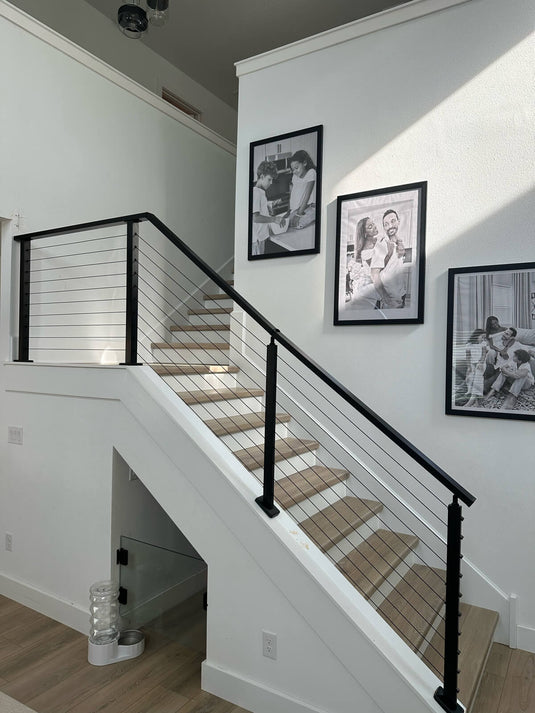TABLE OF CONTENTS
Stairs in Different Cultures: A Comprehensive Guide
More than just practical components in architecture, stairs reflect cultural values, customs, and spiritual beliefs spanning many civilizations. Although structural needs are constant, different civilizations approach stair design in very different ways depending on local customs, climate factors, and aesthetic taste. From modern dwellings to historic temples, knowledge of these cultural variations can improve both design and utility in contemporary applications.
1. Traditional Asian Stair Design
Japanese Stairs
Japanese architecture exemplifies minimalism and space efficiency in stair design, incorporating both practical function and spiritual significance. Traditional Japanese stairs typically cost $2,000-5,000 for custom installations, featuring:
- Steeper angles (40-45 degrees) compared to Western stairs
- Integrated storage solutions (kaidan-dansu)
- Natural wood construction, primarily hinoki cypress
- Removable designs in traditional houses
- Consideration for shoe removal customs
Chinese Feng Shui Principles
Chinese stair design, guided by feng shui principles ($1,500-4,000 for consultation and modification), emphasizes:
- Energy flow considerations in placement
- Avoidance of direct alignment with doors
- Closed risers for stability and safety
- Strategic lighting placement
- Careful directional orientation
- Odd number of steps for balance
2. European Stair Traditions
Mediterranean stairs blend centuries of architectural wisdom with practical functionality. These iconic designs, typically costing $3,000-8,000 for exterior installation, serve both as pathways and social spaces. Their distinctive features include wide treads (11–14 inches), low risers (5-7 inches), and durable materials that withstand time and weather.
Traditional construction employs natural limestone and sandstone ($40-60 per square foot), often enhanced with decorative marble accents ($70-100 per square foot) and terra cotta tiling ($15-30 per square foot). Regional variations showcase local character: Greek Island style features whitewashed concrete with blue accents, Italian Coastal incorporates natural stone and wrought iron, while Spanish Colonial brings intricate tilework and painted risers.
These stairs solve climate issues with built-in drainage and shade-generating features, yet they shine in creating natural transitions between spaces. Modern versions preserve historical flavor while improving classic designs with LED lighting and smart electronics. Mediterranean stairs offer lasting beauty and utility with appropriate maintenance ($500–1,000 yearly), therefore perhaps raising the value of the home by 5–10%.

How Are Traditional Stairs Adapted for Modern Living?
Contemporary stair design must balance traditional elements with modern building codes and safety requirements. Professional installation costs range from $2,500 to $10,000, depending on materials and complexity. Key considerations include:
Safety Standards
- Minimum tread depth: 10 inches
- Maximum riser height: 7.75 inches
- Required handrail height: 34-38 inches
- Non-slip surface treatments
- Proper lighting installation
Material Selection
Modern stairs often incorporate multiple materials:
- Engineered wood: $100-300 per step
- Natural stone: $200-500 per step
- Metal components: $150-400 per linear foot
- Glass elements: $300-800 per panel
- Composite materials: $80-200 per step

How Do Different Cultures Adapt Stairs for Today's Needs?
Today's stair designs thoughtfully blend cultural elements with contemporary needs, creating spaces that honor tradition while meeting modern requirements.
In hot climates, ventilated risers and heat-resistant materials ensure comfortable use while maintaining structural integrity. Cold regions benefit from heated treads and covered designs, protecting users from ice and snow while preserving the stairs' functionality. Coastal areas require special attention to corrosion-resistant components, safeguarding against salt air damage. Urban environments often showcase innovative space-saving configurations that maximize limited square footage, while high-humidity zones utilize moisture-resistant treatments to prevent deterioration.
Proper maintenance remains crucial for longevity, as well as following a structured schedule. Monthly visual inspections and basic cleaning prevent minor issues from escalating. Quarterly detailed cleaning and hardware checks ensure all components function properly. Annual professional inspections identify potential problems early, while major maintenance or refinishing every 2-3 years keeps stairs in optimal condition.
What Are the Benefits of Cultural Stair Design?
Understanding and implementing cultural stair designs brings significant advantages to modern architecture. When properly executed, these designs enhance spatial harmony within buildings while improving user comfort through time-tested configurations. The thoughtful integration of cultural elements creates a better flow between spaces, contributing to both functionality and aesthetic appeal. This attention to authentic design often results in increased property value as buyers increasingly appreciate culturally informed architecture.
Initial design consultation typically ranges from $500-2,000, ensuring the project aligns with both cultural authenticity and modern building codes. Material costs vary significantly, from $3,000 to $15,000, depending on the chosen materials and the complexity of the design. Professional installation adds another $2,500-10,000, reflecting the specialized skills required for proper execution. Annual maintenance budgets should allocate $200-800 for regular upkeep, while long-term preservation requires setting aside 2-5% of the initial installation cost annually.
Ready to bring cultural authenticity to your staircase design? Muzata offers free design services for floating stairs, helping you create the perfect stair solution that fits both your aesthetic vision and practical needs. Get started today and see how we can enhance your space with personalized stair designs.




